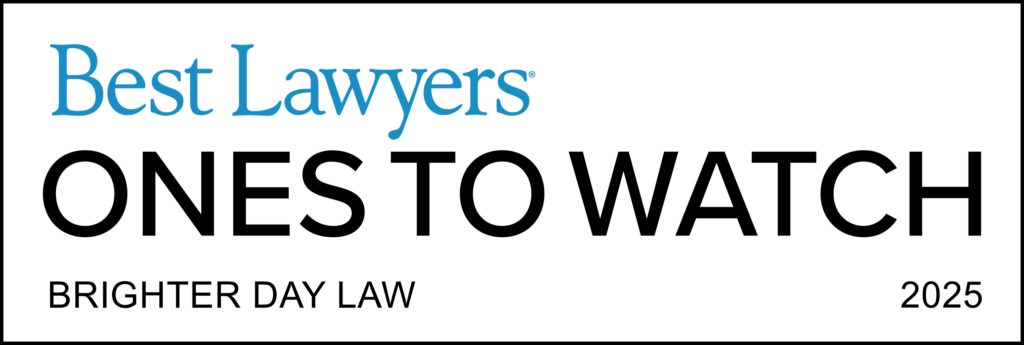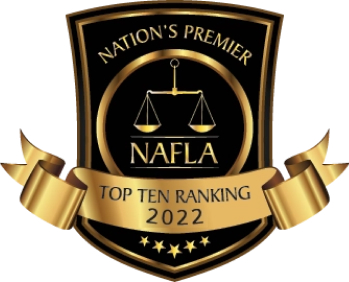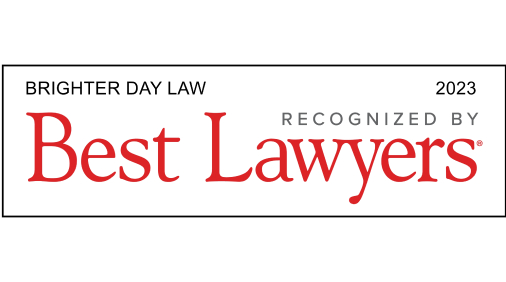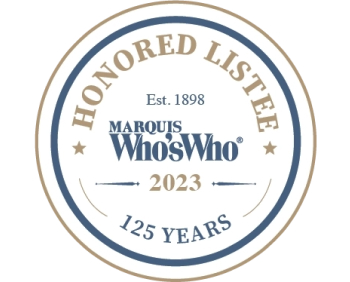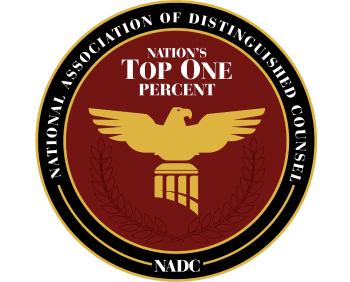Offering Clients Probate Administration Help
If a loved one passed away and you have questions about how to handle their assets, you will need legal guidance from experienced Probate Lawyers in Nashville, TN. Probate law is complex and can lead to different results depending on whether the decedent had a will, so it’s important to get legal advice before keeping or distributing the belongings of someone who has passed away.
At Brighter Day℠ Law, our lawyers proudly offer probate and estate administration services to clients across Nashville. We know that planning and administrating an estate can be overwhelming, especially when you are grieving a loss. You can count on our lawyers to be compassionate and helpful as you prepare for probate, so call us to discuss your legal needs.
What Is Probate According To Our Probate Lawyers in Nashville, TN?
Probate is the process of settling someone’s estate after their death, ensuring that their belongings are properly handled according to their wishes and the local laws. Some people can avoid probate by putting assets in a trust and making sure all belongings have beneficiary designations, but this requires long-term planning with an estate lawyer. Many people don’t plan this far before passing away, so most estates must go through probate.
This process varies slightly depending on whether your loved one had a last will. If they did, probate will validate the document and resolve any disputes family members might have about their inheritance. After that, the executor of the will can pay the estate’s debts and taxes and then distribute the assets.
If the decedent didn’t have a will, the court will appoint an administrator to distribute estate assets based on intestacy laws. This typically means the surviving spouse and children of the deceased will be given the assets from the estate. If you’re unsure if your loved one had a will or died intestate, contact a Nashville probate attorney from our law firm to get the answers you need.
What Does the Executor of the Estate Do?
If your loved one named you the executor of their estate, you’re expected to fulfill certain duties upon their death. The first is to identify all assets in their estate, including real estate, household items, bank accounts, stocks, bonds, and more. Once you take inventory of the assets, you must manage them, ensuring they’re kept safe until you can distribute them according to the will.
You’ll need to open an account to put the decedent’s liquid assets in. You can use this account to pay for any maintenance or debts the estate has, such as utility bills for a house. During this time, you need to file the will with the probate court and notify interested parties of your loved one’s death, giving creditors a chance to come forward to request payments.
Once you pay creditor claims, you may be required to file and pay a final income tax return. Only then can you begin distributing assets to the beneficiaries named in the will. You’ll likely need help with these steps, so contact a Nashville probate lawyer for guidance as the executor of an estate.
What Is a Will Contest?
Even when someone has a will that specifies how their assets should be distributed, there’s a chance that a family member will dispute it in court. This is called a will contest, and anyone who has an interest in the will is allowed to take this legal action in an attempt to show that the legal document is not valid or was improperly executed.
For example, a family member of the deceased might claim that someone used pressure, threats, or fraud to convince their loved one to change the will. They could also say the estate executor made a mistake when interpreting the will. If they can bring forth evidence of their claims, they can initiate litigation during probate, which can complicate the process.
Are You Ready to Hire Probate Lawyers in Nashville, TN?
If you need legal guidance with probate, contact our Nashville law offices today. Our lawyers would be happy to help. You can prepare for your meeting with our legal team by bringing any legal documents you have, such as a will, trust, and life insurance policies. It’s also helpful to make a list of the decedent’s assets, debts, and beneficiaries.
Once we review your paperwork, we can answer your questions about the probate administration proceedings. We know you’re likely eager to complete this process quickly to ensure all beneficiaries get their assets as soon as possible, so we encourage you to contact us today for legal help. Call (615) 437-8808 to schedule an initial consultation.


